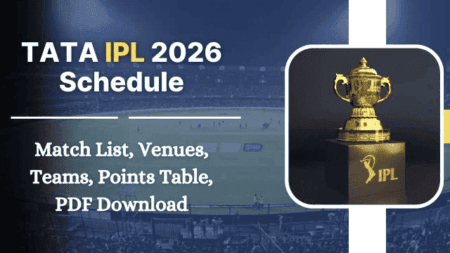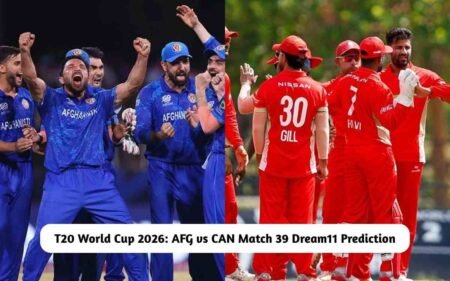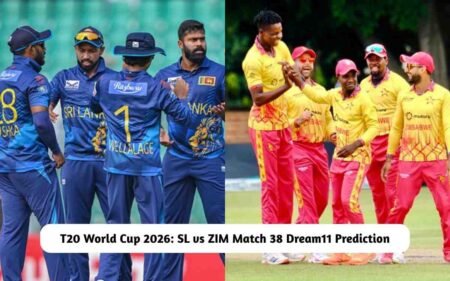Cricket may be a game of passion in India, but for families who lost loved ones in the Pahalgam terror attack, the upcoming India vs Pakistan Asia Cup clash feels like a bitter reminder of their pain.

Still grieving, they have openly questioned how the country can celebrate a cricket rivalry with Pakistan while their wounds remain fresh and justice feels incomplete.
The Tragedy That Changed Everything
On April 22, 2025, terrorists opened fire on a group of tourists in Pahalgam, Jammu & Kashmir, leaving 26 people dead and several others injured. Among the victims were young children, fathers, and brothers whose families are still struggling to cope with the loss.
In retaliation, India launched Operation Sindoor, a cross-border strike targeting terror camps. While it was projected as a strong response, many victim families believe the operation did little to ease their grief.
One family member expressed it bluntly: “Operation Sindoor now seems to be a waste. Our lives have changed forever, but nothing meaningful has come out of it.”
Bring Back My Brother If You Want to Play”
For families like that of Sawan Parmar, the pain is unbearable. Parmar lost his father and 16-year-old brother in the Pahalgam firing. His brother was shot multiple times, and the family has been in mourning ever since.
When news broke that India will face Pakistan in the Asia Cup, Parmar said he felt betrayed:
“If you want to play this match, then bring back my brother who was shot. How can we move on when our loved ones are gone and nothing has changed?”
His mother, Kiran Yatish Parmar, was equally heartbroken. She directly appealed to Prime Minister Narendra Modi, questioning:
“Why is this match even happening when Operation Sindoor is not over and our wounds are still fresh? We cannot boycott the pain we live with every day.”
The Match vs The Memories
For millions of fans, an India vs Pakistan match is cricket’s biggest spectacle. Stadiums fill up, TV ratings skyrocket, and emotions run high. But for the families of Pahalgam victims, the very thought of celebrating a sporting contest with Pakistan feels insensitive.
- They see it as normalization — sending a message that relations can continue as usual despite ongoing terror.
- They feel abandoned — as if their sacrifices and pain are being overshadowed by cricket fever.
- They want accountability first — justice, closure, and acknowledgement before any cricket diplomacy.
One victim’s family member summarized the sentiment: “We do not want revenge through cricket. We want justice for those who were killed.”
Boycott Calls Gain Momentum
The criticism from Pahalgam families has sparked a larger boycott debate. Many citizens on social media have echoed the same demand: no sporting ties until terror ends.
- Hashtags like #BoycottIndVsPak are trending, with people urging the BCCI to pull out of the fixture.
- Critics argue that playing cricket so soon after the Pahalgam tragedy is “rubbing salt in the wounds” of grieving families.
- Others insist that cricket should remain separate from politics, but even they admit the timing feels insensitive.
As of now, the BCCI has made no statement about canceling or rescheduling the match.
Final Word
For India’s cricket fans, the Asia Cup clash with Pakistan may be the biggest sporting event of the year. But for the grieving families of Pahalgam victims, it feels like a cruel reminder that while the country is ready to move on, they are still trapped in their pain.
Until they see justice and closure, cricket with Pakistan will never be “just a game.”
As Sawan Parmar said, “Bring back my brother if you want to play.” That one line echoes louder than the roar of any stadium.








